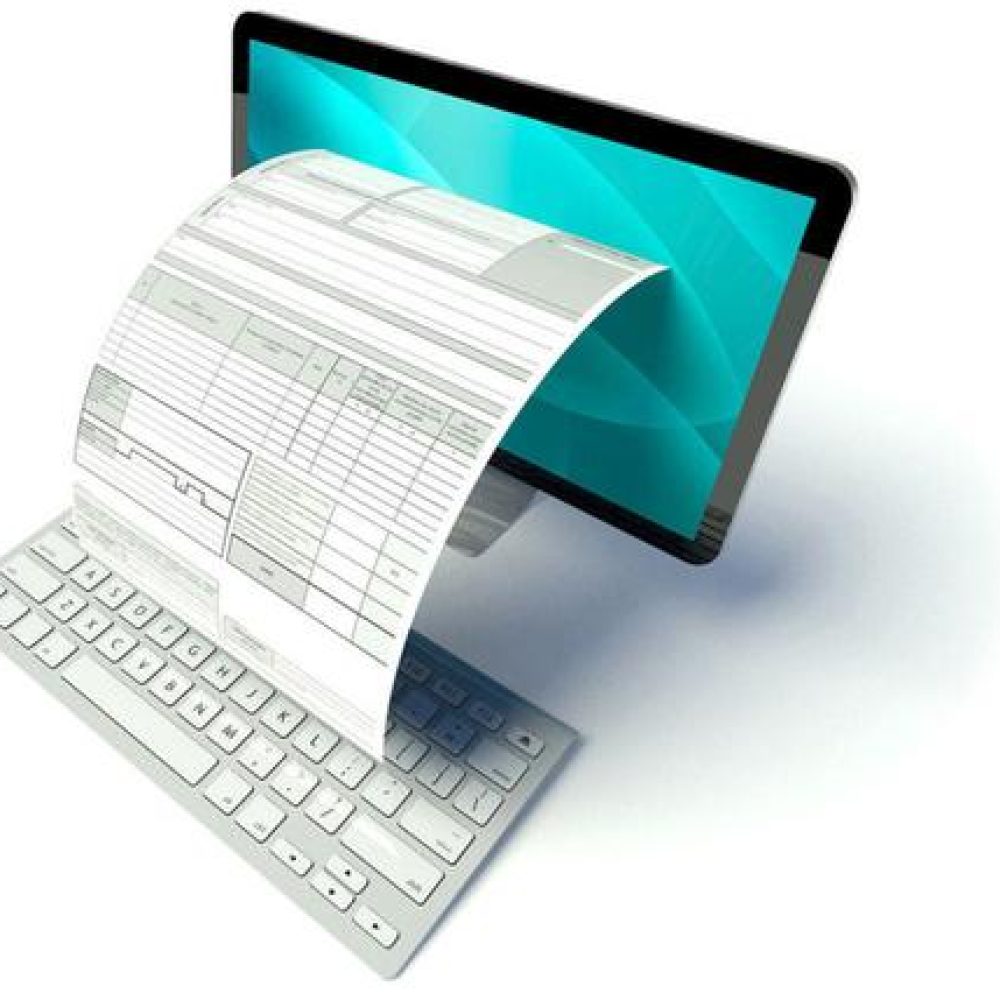30/06/2016.- Taxation in Spain has become increasingly complex during the last few years. Among other changes, the Spanish tax administration requires all companies to implement an electronic correspondence procedure, the Dirección Electrónica Habilitada (D.E.H.). All communications from the tax administration, called Notificaciones Electrónicas Obligatorias (N.E.O.), now pass through this route.
This method of electronic communication or notification is deemed more effective, safer, more economical and guarantees efficiency in relationships with taxpayers. However, foreign companies willing to set up a company in Spain should note that inclusion in the NEO system is compulsory, and tax consequences may arise from it when conducting business in Spain. This post will provide readers with the main features of the above referred NEO system, a key issue when talking about taxation in Spain.
Dirección electrónica habilitada (DEH) or Internet-enabled e-mail address
Companies incorporated in Spain (as well as other entities as mentioned below) are supposed to count with a specific electronic mailbox (DEH). Tax Agency shall send all notifications to the above referred mailbox.
This procedure targets not only Spanish companies, but also i) corporate bodies and entities with legal personality not having Spanish nationality/residence, but performing acts with tax consequences in Spain as well as ii) Permanent establishments (PE) and branches of non-resident entities.
How to Access the DEH
Access to the electronic mailbox assigned by Tax Authorities may be performed directly by the taxpayer itself, or by a representative with express power of attorney to receive his/her electronic notifications.
All Tax Office correspondence can then be viewed by logging in at a website dedicated to this service: http://notificaciones.060.es or in the Agencia Tributaria’s online service at https://www.agenciatributaria.gob.es
How often do I have to check my mailbox?
The notifications or communications that the Tax Agency issues are sent to the recipient’s electronic mailbox, with the recipient having 10 calendar days to open them. Failing to check the mailbox for new messages, means that the taxpayer will still be considered to be notified and the procedure or formality that was communicated to the interested party will follow its course. For this reason, it is particularly important to regularly control the mailbox, entering at least once every 10 days.
In this regard, readers should be aware that it is possible to assign a personal email account to the electronic mailbox so that, when the administration sends a notification or communication, an alert is sent to said email account (however, not receiving the alerts is not binding for the Administration –in other words, you may receive a notification without getting any alert -. For this reason, we strongly recommend all our clients to regularly control the email.
Tax Authorities may send an electronic notification any day (all year long). However, taxpayers have the right to inform tax authorities when they do not want to receive notifications, up to a maximum of 30 days per year (called “days of grace”). Taxation is Spain may not be easy but still allows you to go on vacations without having to worry about being notified by the Tax Agency.
Should you need any further information about the above referred electronic notification system or regarding taxation in Spain in general, do not hesitate to contact our tax experts at www.avantges.com
